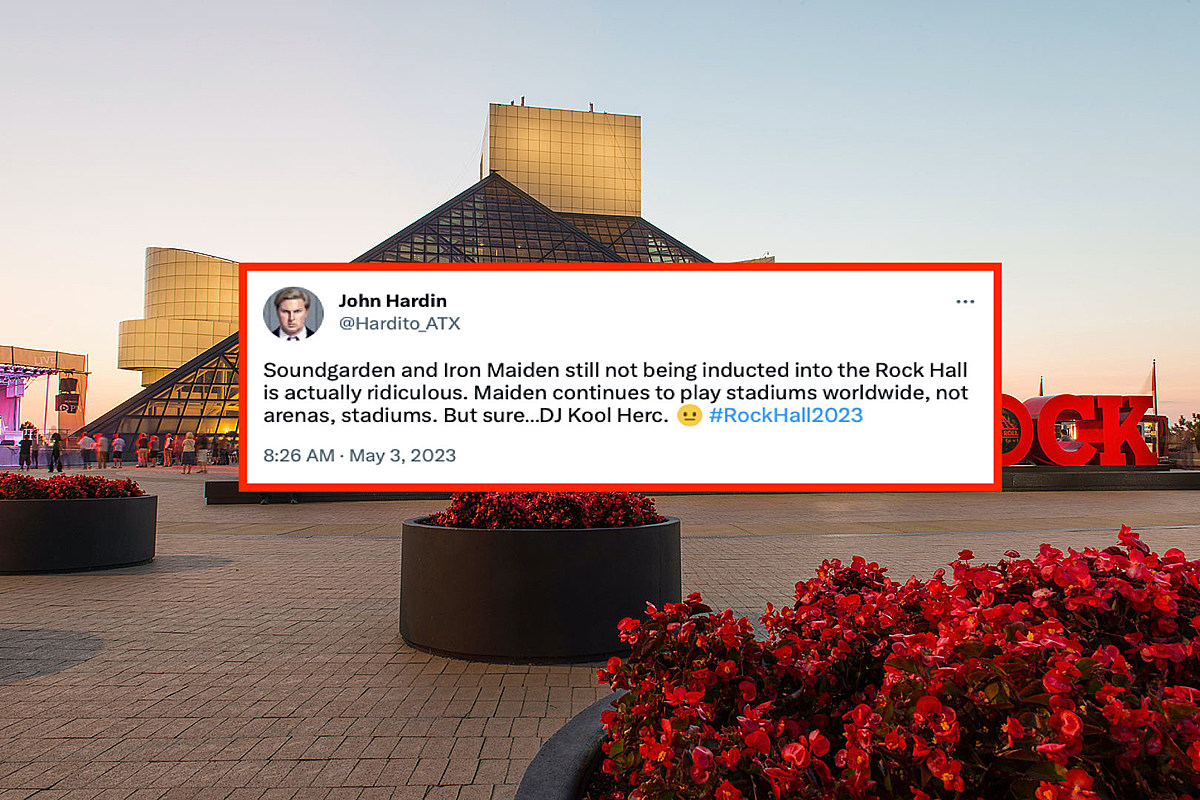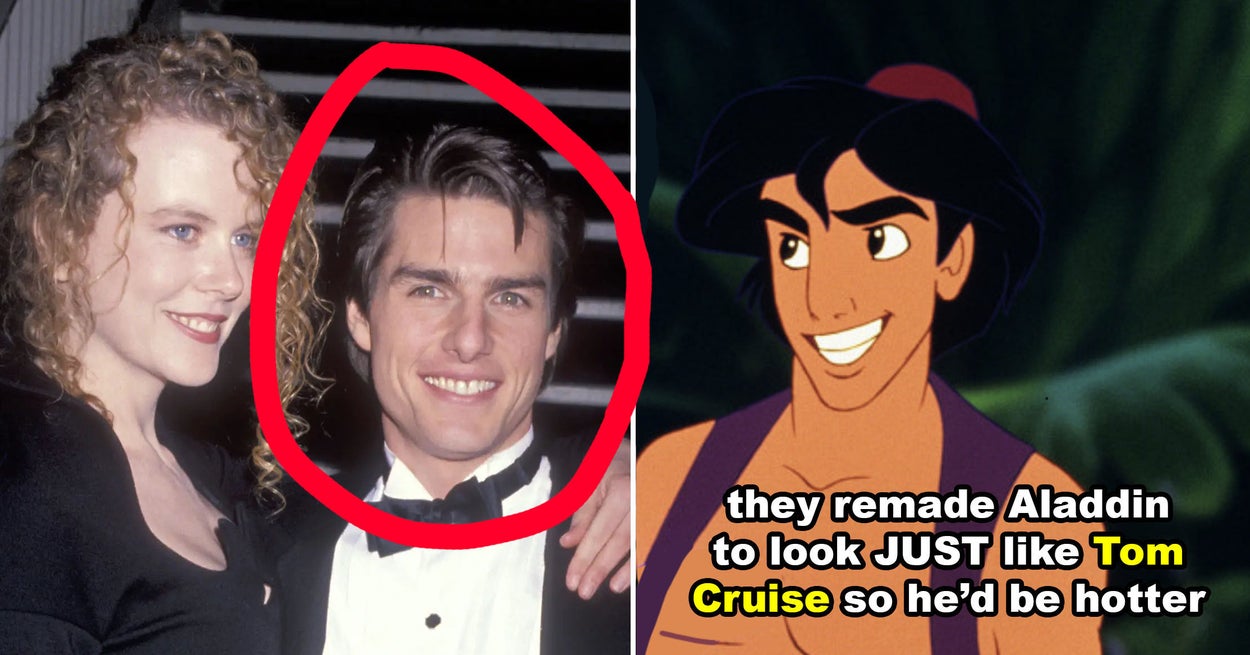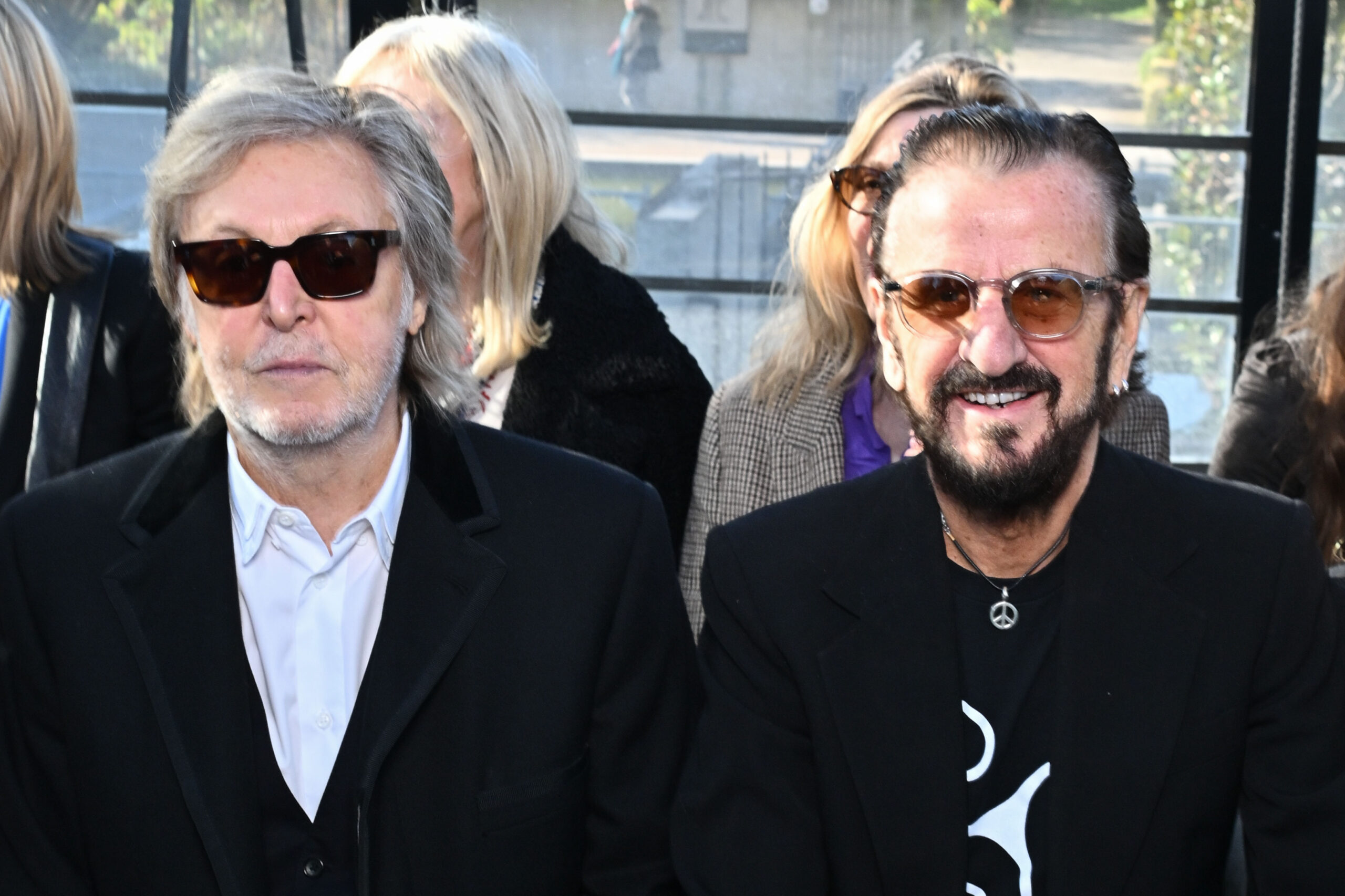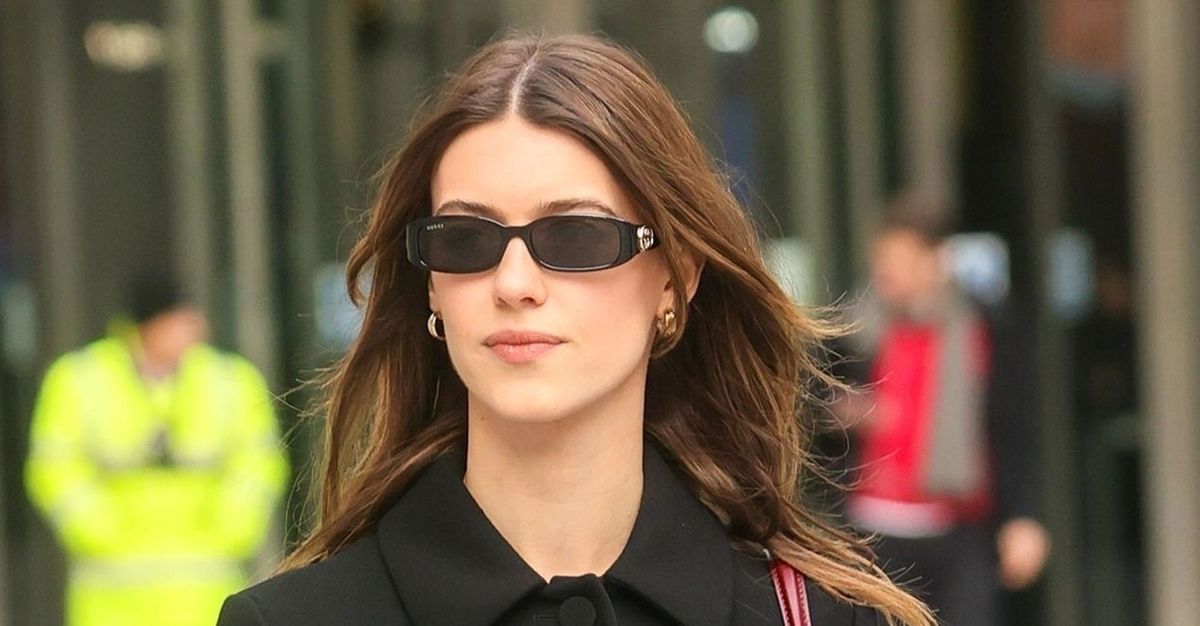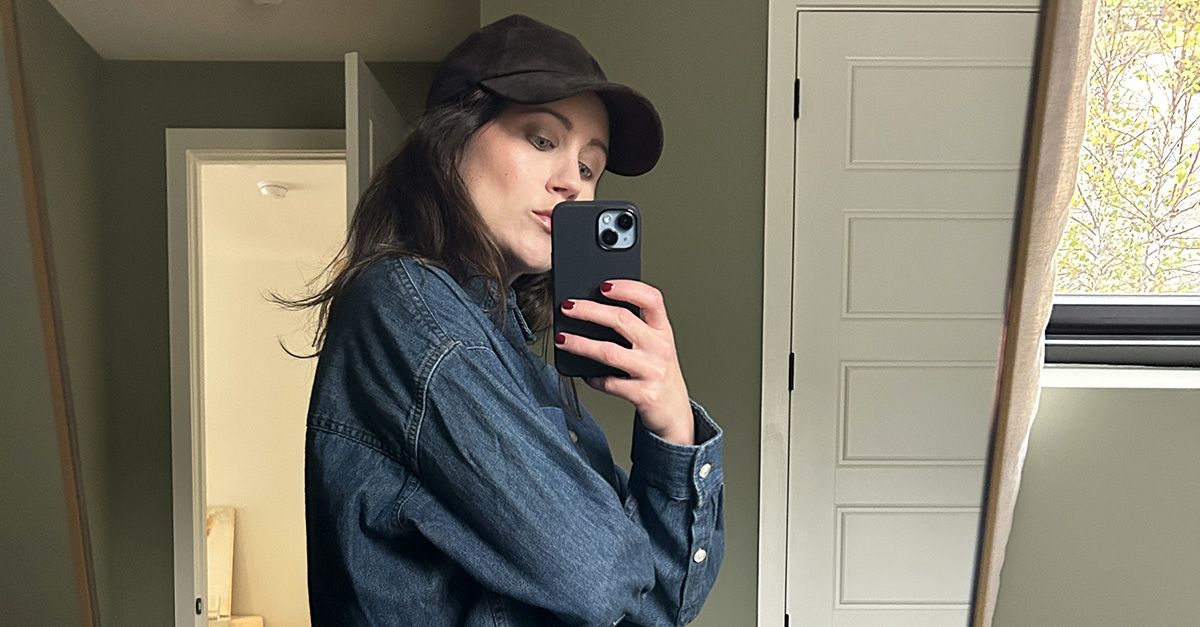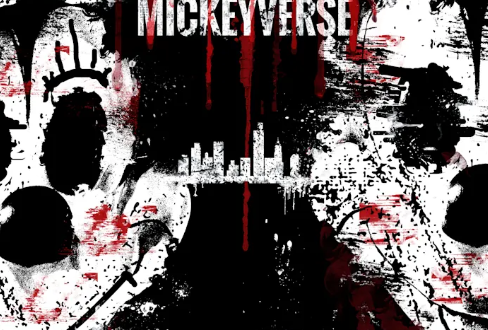Ye is facing yet another copyright infringement lawsuit over his unauthorized use of a sample, this time on a track from his most recent album, Donda 2.
According to a complaint filed in U.S. District Court in New York on Wednesday (June 29), the rapper (referred to as Kanye West in the suit) sampled Marshall Jefferson’s 1986 house track “Move Your Body” (a.k.a. “The House Music Anthem”) on the song “Flowers” without gaining permission or providing compensation. The suit claims that the sample is “repeated at least 22 times throughout” Ye’s song.
Filed by attorneys Christine Lepera and Bradley J. Mullins of the firm Mitchell Silberberg & Knupp, the complaint was brought by Jefferson’s publisher Ultra International Music Publishing. Jefferson both wrote and performed “Move Your Body,” which first became a hit on the club scene in Jefferson’s native Chicago before being officially released by Trax Records in 1986. The song peaked at No. 34 on Billboard’s Dance Singles Sales chart in August of that year.
Also named as defendants in the suit are Alex Klein, who co-created the Stem Player – the MP3 device on which Ye exclusively released Donda 2 – along with Klein’s company Kano Computing Limited and unnamed “Does 1-10.” As cited in the complaint, the Stem Player allows users “to isolate so-called ‘stems’ and then ‘customize’ songs by altering how those stems are used,” with the “Move Your Body” sample being one of the “stems” users can isolate with the device.
Central in the complaint is Ye’s alleged “hypocrisy” for claiming “to be an outspoken advocate for artists’ rights” while lifting from other artists’ work without authorization. “West advocates for artists’ rights with one hand, yet has no shame in taking away rights from another artist with the other,” reads the complaint, which cites a 2020 Billboard interview in which Ye said he would “work with anyone who treats artists fairly & righteous.”
According to the complaint, during discussions with representatives for Jefferson and UIMP, West and his representatives acknowledged that “Move Your Body” was sampled in “Flowers” and that they did so without prior authorization or compensation.
“Defendants’ conduct is willful and deliberate,” the complaint continues. “Defendants know and have been informed that they do not possess a license to utilize the Composition in the Unauthorized Work, and yet continue to willfully infringe in blatant disregard of UIMP’s rights of ownership.”
UIMP is asking for “a preliminary and permanent injunction enjoining and restraining Defendants” and their associates from continuing to infringe “Move Your Body”; profits and damages in an amount to be determined at trial or, alternatively, maximum statutory damages of $150,000 per infringement; attorneys’ fees and full costs of bringing the suit; and prejudgment interest.
In February, Ye claimed to have sold 11,000 Stem Players for $200 each within 24 hours of Donda 2’s Feb. 23 release, equaling $2.2 million in revenue.
“I’ve been sampled thousands of times. There is a right way and a wrong way to go about it. Getting done by another artist, a BLACK artist, a fellow Chicagoan without acknowledgment is disappointing,” said Jefferson in a statement sent to Billboard.
UIMP declined to comment on the lawsuit. Representatives for West and Kano Computing did not immediately respond to Billboard’s requests for comment.
This is far from Ye’s first time being sued over the use of a sample in one of his songs. In May, a pastor named Bishop David P. Moten sued the rapper for using a sample from one of his sermons on “Come to Life,” a cut off Ye’s 2021 album Donda. In 2019, West and collaborator Pusha T were sued for sampling George Jackson‘s “I Can’t Do Without You” on the track “Come Back Baby” from Pusha T’s DAYTONA album. That case was dismissed with prejudice the following year.
Further back, West was sued over samples used on Yeezy tracks “New Slaves” and “Bound 2,” both of which were settled out of court. In 2012, Ye and Jay-Z also settled a suit over a sample on their joint album Watch the Throne, while a 2012 lawsuit brought by record label TufAmerica over a sample used on Ye’s 2010 album My Beautiful Dark Twisted Fantasy was dismissed with prejudice in 2013.






